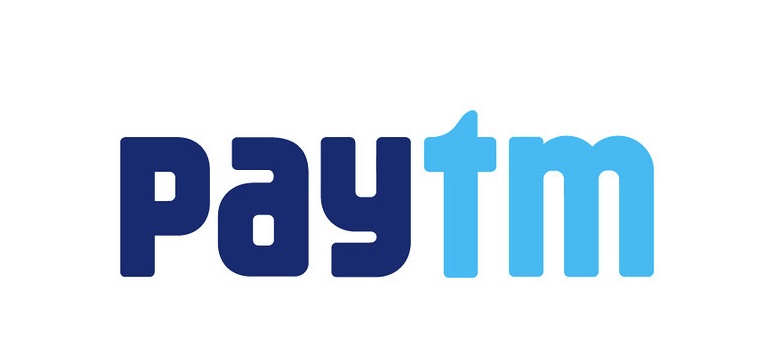Paytm to Stop Working After Feb 29: RBI’s Restrictions Unveiled- In a surprising turn of events, the Reserve Bank of India (RBI) has decided to impose restrictions on Paytm Payments Bank, effective February 29. These restrictions are set to impact various aspects of Paytm’s operations, raising concerns among users and the broader financial community.
Paytm to Stop Working After Feb 29: RBI’s Restrictions Unveiled
 Understanding Paytm Payments Bank Restrictions: A 5-Point Overview
Understanding Paytm Payments Bank Restrictions: A 5-Point Overview
1. No Onboarding of New Users
After February 29, Paytm Payments Bank will cease onboarding new users. If you haven’t already become a Paytm Payments Bank user by this date, you’ll no longer be able to open a savings account on the platform.
2. Halt on New Deposits
Post the specified date, Paytm Payments Bank will not accept any new deposits. Users are urged to add funds to their accounts before the end of February if they wish to do so, as no further deposits will be allowed thereafter.
3. Restrictions on Transactions
The central bank has explicitly mentioned that both debit and credit transactions, including those through wallets, will not be permitted. However, customers are allowed to withdraw funds without any restrictions.
4. Impact on Additional Services
After February 29, Paytm Payments Bank will be prohibited from offering various services such as fund transfers, bill payments, and UPI facilities. This implies that users won’t be able to perform money transfers, bill payments, or UPI transactions using Paytm services.
5. Termination of Nodal Accounts
The RBI has mandated the termination of all nodal accounts belonging to One97 Communications Ltd and Paytm Payments Services Ltd. Nodal accounts, acting as special bank accounts, are crucial for businesses facilitating transactions between buyers and sellers.
Potential Impact on Paytm Wallets
While the initial impression suggests a broad impact on all wallets, there’s a possibility that this might affect only those users who have savings accounts with Paytm Payments Bank. We are awaiting clarification from Paytm and will update this information as soon as we receive it.
RBI’s Action and Paytm Payments Bank
The RBI’s decision to impose restrictions on Paytm Payments Bank stems from an audit report citing “persistent non-compliance and continued material supervisory concerns in the bank.” This further necessitated supervisory action to address the issues at hand.
Paytm Payments Bank, an extension of Paytm, was established in 2017 and received authorization from the RBI to operate as a payments bank. Since its official commencement of services in November 2017, it has been providing digital banking facilities and savings account options.
Conclusion
The recent developments surrounding Paytm Payments Bank have undoubtedly created a wave of uncertainty among users. Understanding the implications of these restrictions is crucial for anyone relying on Paytm’s services. As the situation evolves, staying informed and seeking alternatives may become imperative.
FAQs
- Q: How will the restrictions affect existing Paytm Payments Bank users?
- Existing users will face limitations on new deposits, transactions, and additional services, but they can still withdraw funds without restrictions.
- Q: Is there a possibility of a resolution to these restrictions in the future?
- It depends on how Paytm addresses the concerns raised by the RBI. Keep an eye on updates for the latest information.
- Q: Can users switch to alternative digital banking services?
- Yes, exploring alternative services is advisable to ensure uninterrupted digital banking experiences.
- Q: Will these restrictions impact Paytm’s broader range of services?
- Yes, the restrictions extend to various services, including fund transfers, bill payments, and UPI facilities.
- Q: How can users stay informed about further developments?
- Regularly checking official announcements from Paytm and the RBI is recommended for the latest updates.
ALSO READ-Unveiling the Leadership Transition in Jharkhand: Champai Soren Takes Helm as Chief Minister